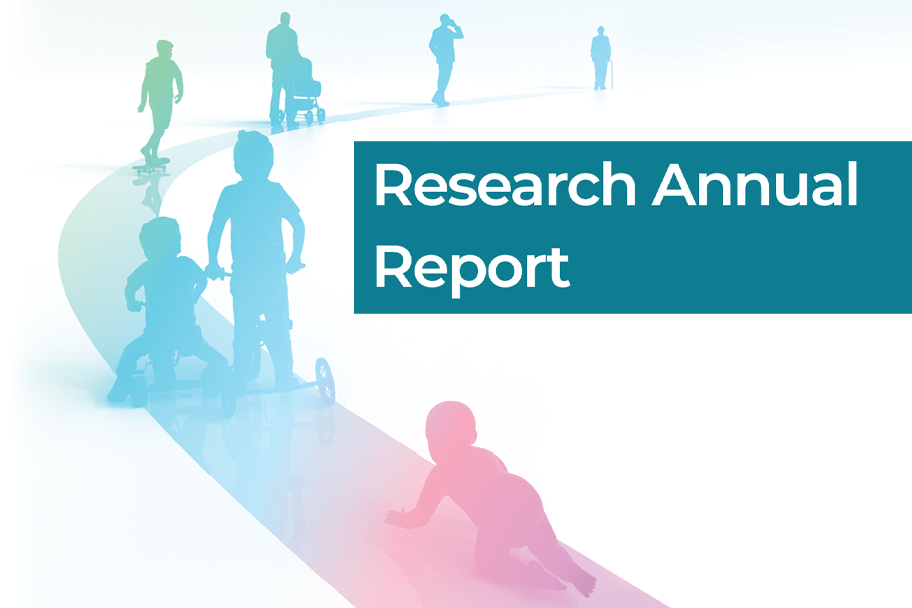Perinatal Institute Research Transforms Care for All Babies
Researchers at the Perinatal Institute at Cincinnati Children’s improve life for all babies. Our findings transform care for newborns before and after birth—giving them a chance to live a full life.
The basic science discoveries we make lead to advancements in clinical care that help reduce prematurity and birth defects. Our clinical and translational studies progressively innovate how we help babies achieve better health.
We emphasize a collaborative research environment. This makes us a regional and national leader in advancing neonatal care.
Our goal is to understand the entire reproductive process—from the time before conception to the time after birth—to improve maternal and infant outcomes.
Our Research
The Perinatal Institute encompasses researchers from multiple divisions, especially Neonatology and Pulmonary Biology. We are active in a wide range of research activities:
- Basic science research: Our investigators collaborate with many colleagues, including those in Developmental Biology, Center for Reproductive Sciences and the Center for Perinatal Immunology.
- Clinical and translational research: Faculty from a broad variety of disciplines partner with our Neonatology researchers, including scientists from the Center for Fetal and Placental Research and the Center for Breastfeeding Medicine.
- Prematurity prevention research: Preterm birth prevention is a major focus across perinatal research disciplines. We develop effective and widely applicable strategies to predict, treat or prevent prematurity through both scientific discovery and community intervention.
Our PIs lead a wide breadth and depth of studies. For example, we currently investigate early predictors of neurodevelopmental disorders in prematurity and the prevention of these disorders. We study the effects of opioid and substance exposure in pregnancy, and we identify neonatal health inequities and ways of increasing access to care. The impact of our studies is ever-increasing.
Key Member of Neonatal Research Network
We are one of 17 members of the NICHD Neonatal Research Network. Through the network we collaborate to advance neonatal care here and across the globe. Our PIs lead a variety of studies as a part of this world-renowned network.
Quality Improvement and Health Outcomes
Perinatal Institute faculty also lead studies that measure the quality of care, and the outcomes babies achieve after receiving interventions. We analyze and contribute to different data networks.
For example, we participate in the Children’s Hospitals Neonatal Consortium, which maintains a neonatal database accessible for quality and outcomes studies. Through this partnership, we are studying health equity and disparity outcomes.
Our goal is to apply research to create practice and policy that delivers optimal evidence-based care that improves the long-term health of babies.
Training Future Researchers
We want to advance perinatal care far into the future. To do that, we train the next generation of scientists through many avenues. We offer comprehensive training programs for undergraduate and graduate students, fellows and postdoctoral students.Trainees can take part in basic, clinical and translational work on a variety of topics.
Learn more about our perinatal education programs.




